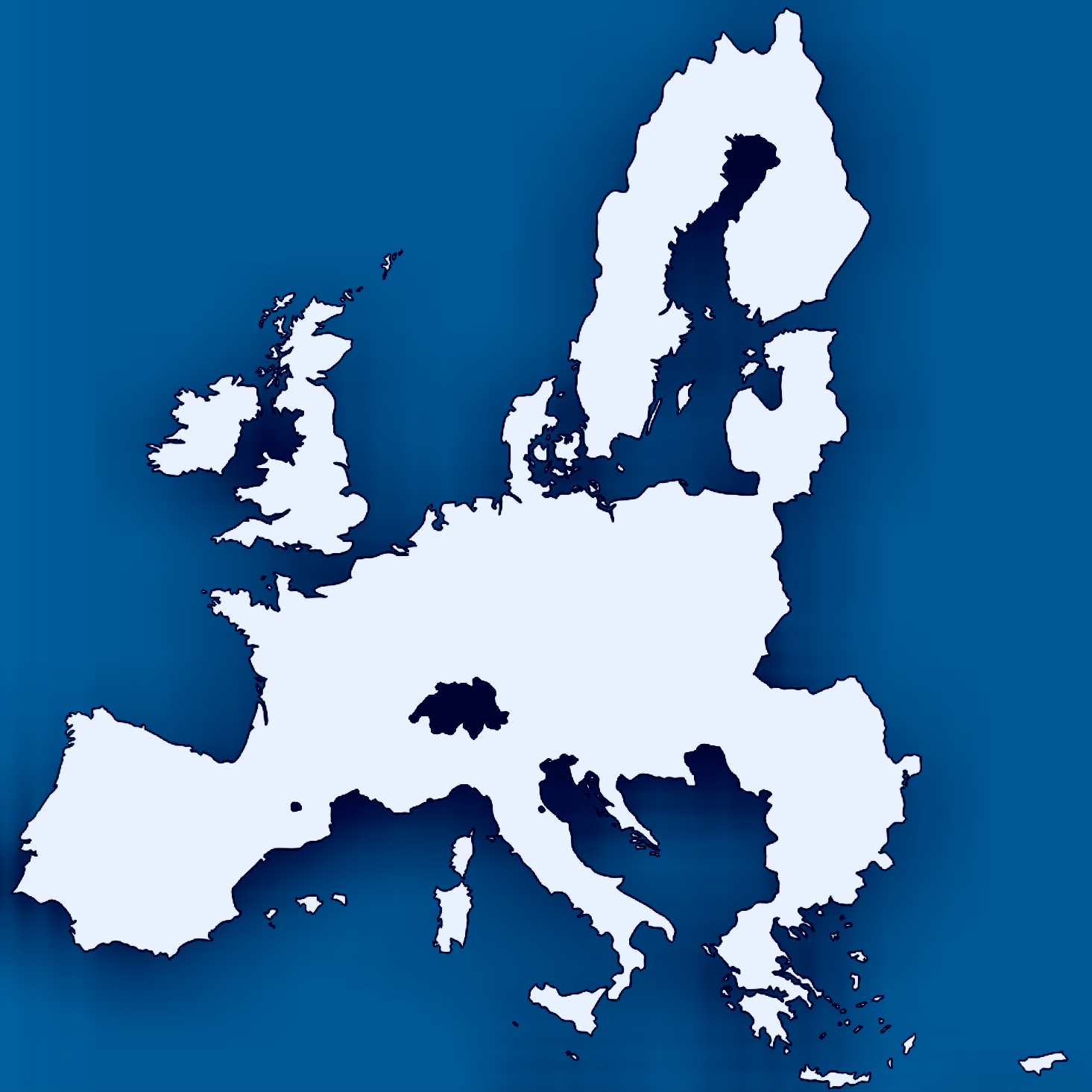In face of the potential EU inefficiencies, some voices defend the need to create a European federation similar to the USA one. But is it really viable? In today’s article we’ll present some reflections on this matter.
By Miriam Vázquez / 16.1.2018
The controversy regarding the future of the EU is the order of the day. Its detractors highlight some of its imperfections, such as the lack of fiscal union among its states or the low voting index in the European elections. In the same way, they don’t take into consideration its important achievements, such as more than six decades of peace or the creation of the Schengen area. These successes surpass its potential problems. However, they don’t justify them.
There are two basic alternatives to help solve them: giving back the sovereignty to member states or pursuing a greater integration. Nevertheless, the globalization phenomenon renders the idea of recovering the so-called ‘closed economies’ unthinkable. So integration turns out to be the best alternative and, in all its possible forms, some people defend the creation of a European federation. But before backing this viewpoint, it’s important to know how the EU is nowadays and why it is naive to think about implementing the USA model here.

Map of the European Union © d-maps
When asking university students what the EU is for them, some of their replies are: “An international organization with supranational pretension” or “a group of countries which seek to establish a better economical system between them.” Which is the correct definition? Despite its particularities, both are right. Actually, even experts disagree about it. Some of them consider the EU to be a place where the states’ interests prevail above everything else (intergovernmentalism) and others assert that the EU has institutions which are above these states (supranationalism).
However, EU reality is more complex than that and we can observe characteristics from both perspectives. That’s why, in recent years, a new theory has arisen which attempts to reconcile them thanks to a federation: the multilevel governance. The British politologist Michael Keating defends this theory in the article ‘Europe as a multilevel federation’, and considers that the EU is a place where different actors and spheres interact. According to this theory, the sub-state levels also play an important role and all this is held under the umbrella of federalism. This is therefore the order principle which combines unity with diversity.
But Keating isn’t the first author to suggest the idea of a federal Europe. In the last century outstanding personalities such as Winston Churchill defended it. Specifically, the British politician used the term “United States of Europe” to describe his ideal model, an expression which was first used by the writer Victor Hugo in the 19th century. In face of this situation, why hasn’t there still been a real proposal for a federation? Among other reasons, one is that the member states are hesitant to transfer legislative power in areas that have traditionally been related to their national politics such as security, industry and culture.
Another key factor for its success is that in other federations, such as the USA’s, the social and political situation of its colonies when federating was very different from ours. It has been historically proved that using the same formula in one country doesn’t mean it will succeed in another. As a matter of fact, the Harvard professor Daniel Ziblatt talks about this matter in his study ‘Rethinking the origins of federalism.’ There he explains why the implementation of a federal model in Germany was a success, while it was not possible to establish it in Italy.
Therefore, the success of a European federation depends completely on the member states’ willingness to give up their powers, as well as on the development of a federal mechanism adapted to European singularities. And, logically, it would be unfeasible to copy the USA model. The starting point is completely different.





Recent Comments